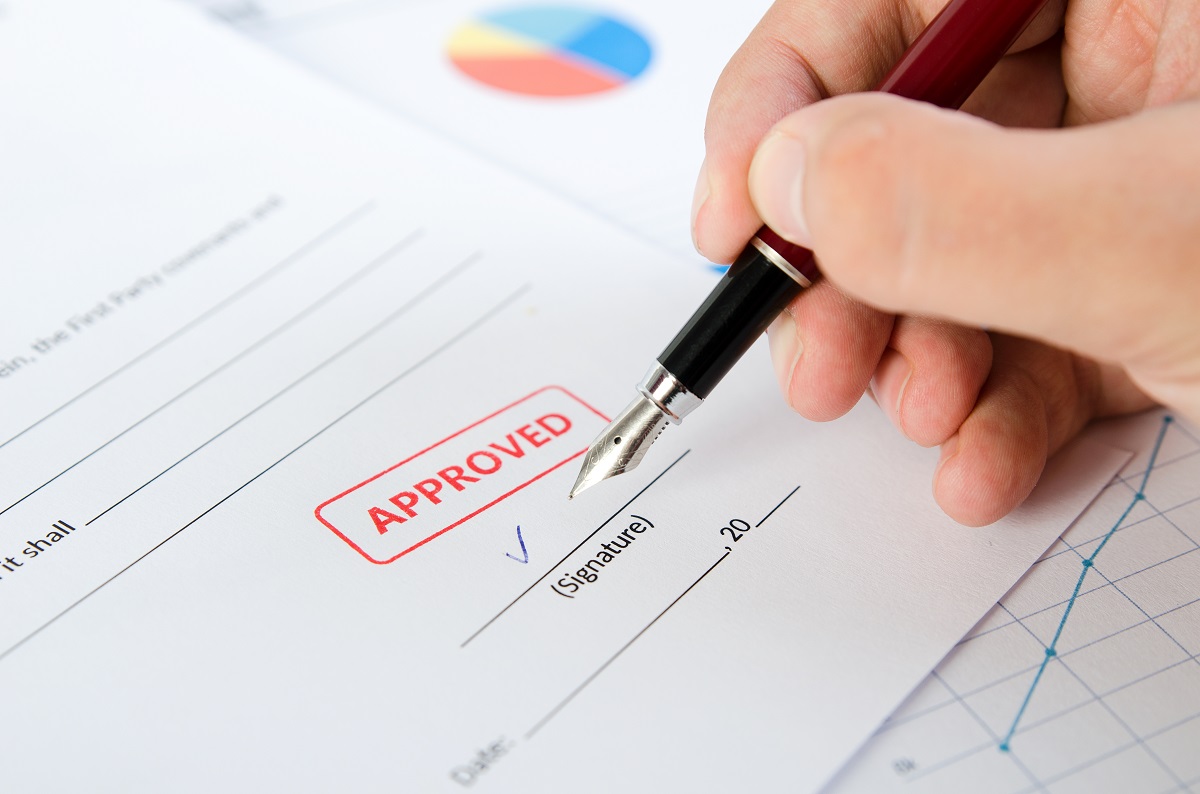- Develop a clear concept for your restaurant with market research and realistic expectations.
- Create a business plan to include financial projections, staffing needs, marketing strategy, and operational details.
- Secure the necessary permits and licenses in advance to avoid delays or unexpected expenses.
- Consider equipment leasing or loans to reduce costs while obtaining quality equipment.
Starting a restaurant is by no means an easy feat. It takes a great deal of hard work, dedication, and planning to turn your vision into a successful business. But with the right mindset and approach, it’s definitely achievable. Here are the necessary steps to start your own restaurant from concept to reality.
Develop a Clear Concept
The first step to starting a restaurant is to develop a clear concept. This will set the tone for everything else you do, from menu planning to marketing. Your idea should be unique, authentic, and informed by the latest food trends.
Consider your target audience and their preferences in terms of cuisine, atmosphere, and price range. It’s essential to be realistic about the resources you have available as well, such as your budget, location, and staffing needs.
Market research is also essential to determining the viability of your restaurant concept. You need to understand the demand for your type of cuisine and the competition in your area. Study the local restaurant scene and identify gaps or places where you can differentiate your offering.
You should also research the preferences and expectations of your potential customers, such as dietary restrictions or beverage preferences. This will help you tailor your menu and service to their needs.

Create a Business Plan
Once you have a clear concept and have conducted market research, it’s time to create a business plan. This will serve as your roadmap and will help you stay on track as you build your restaurant. Your business plan should include the following:
Financial Projections
In order to make the most of your venture, it is crucial to develop accurate financial projections. This includes setting a budget, estimating sales and expenses, and forecasting profits. It is also important to consider the long-term financial goals for your business, such as expansion plans or capital investments.
Staffing Needs
You will need to hire a team of experienced and dedicated staff members who can help you get your restaurant off the ground. Consider not only the number of employees you’ll need but also the type of roles they will play in your business. It is vital to have a well-rounded team with expertise in various aspects of the restaurant industry, such as chefs, waiters, and managers.
Marketing Strategy
Your restaurant’s success will depend on how well you market it. Develop a comprehensive strategy that covers all aspects of marketing, from social media campaigns to traditional advertising. Consider what type of messaging and visuals will resonate with your target audience, as well as the best channels for reaching them.
Operational Details
Your operating plan will outline the day-to-day operations of your restaurant. This includes everything from how you will source ingredients to how you will serve guests. Having a detailed operating plan in place will help ensure that your restaurant runs smoothly and efficiently.
Secure Permits and Licenses

Before you can open your restaurant, you’ll need to secure the necessary permits and licenses. This can include health department permits, liquor licenses, zoning approvals, and more.
The exact requirements will vary depending on your location and the type of restaurant you’re opening. It’s essential to research the requirements in your area well in advance so you can avoid any delays or unexpected expenses.
If possible, you should also try to find a mentor or consultant who can help guide you through the process. In addition, you may need to hire an attorney or accountant to help with the paperwork.
Consider Equipment Leasing
You will need to invest in quality equipment to get your restaurant up and running. This can include everything from kitchen appliances to furniture, which can be expensive.
To reduce costs, you may want to consider an affordable equipment loan or leasing program. These programs allow you to purchase the equipment you need with flexible financing options, making them an excellent opportunity for startups.
For instance, restaurant equipment leasing can provide you with a comfortable payment plan and even allow you to upgrade your equipment down the line. This can include everything from ovens and fryers to dishwashers and refrigerators.
Starting a restaurant can be an exciting and rewarding venture, but it requires careful planning and execution. By developing a clear concept, conducting market research, creating a business plan, securing permits and licenses, and building a solid team, you can turn your vision into a reality. Remember to stay focused on your goals and be willing to adapt as you encounter challenges along the way. With perseverance and hard work, you can build a restaurant business that stands the test of time.